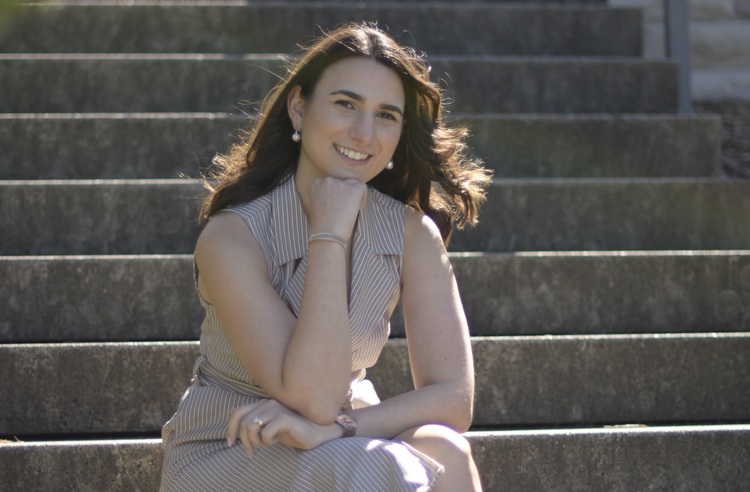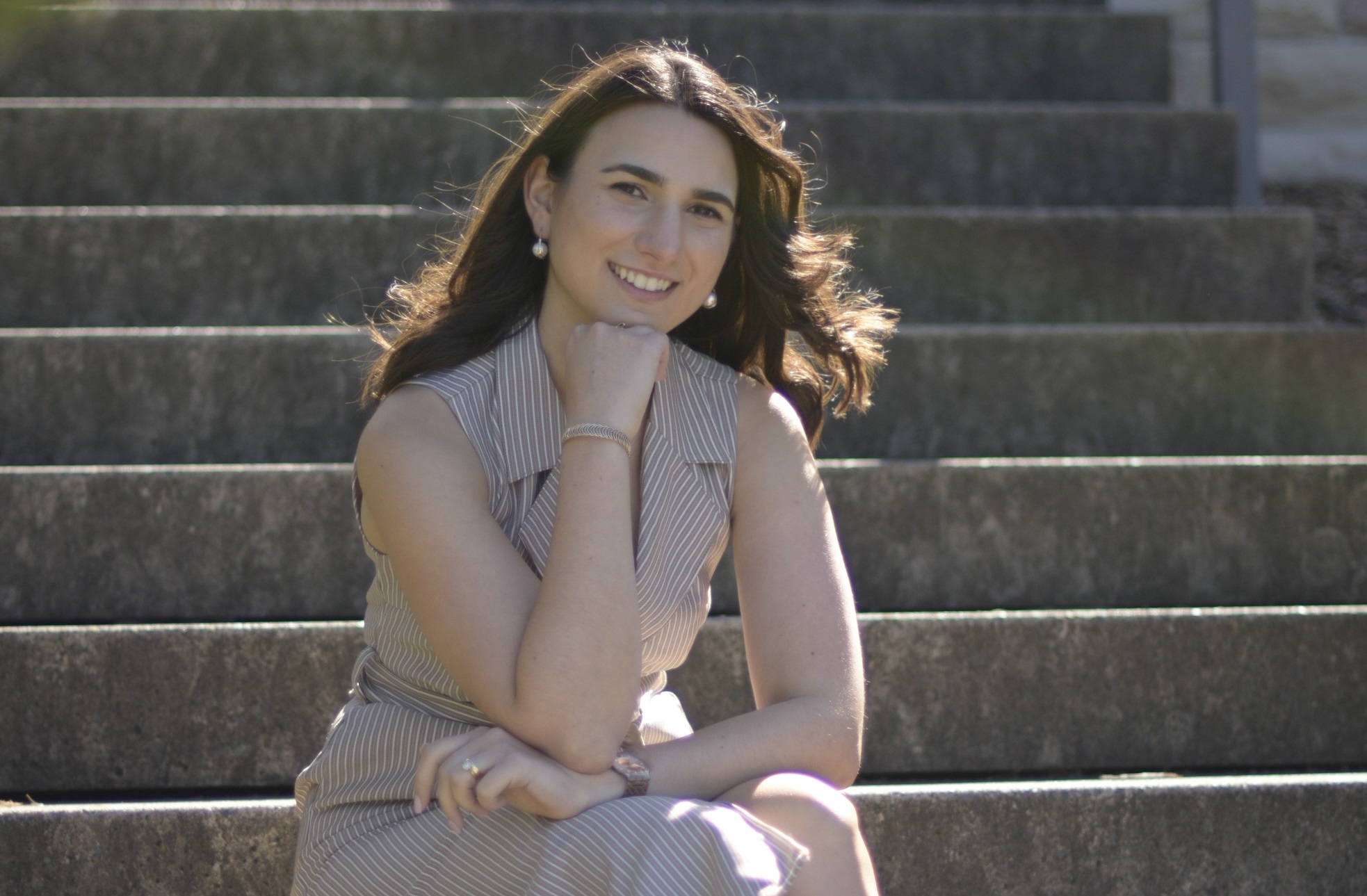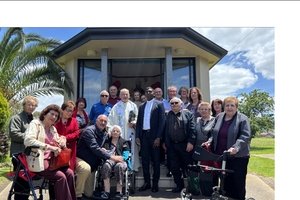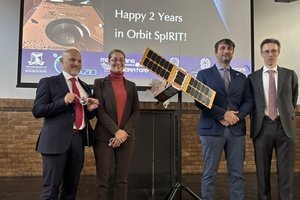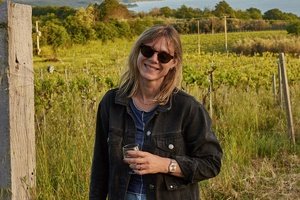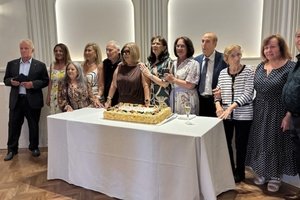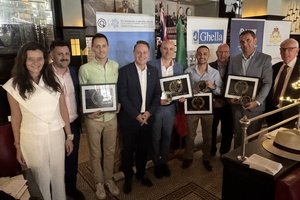Having graduated from the University of Sydney, Maher outlines the path she took to pursue a career that puts her long years of study to practice as well as her passion for the Italian language, which stems from her Sicilian grandparents.
Why did you choose study Italian?
I chose to study Italian because I wanted to communicate with my grandparents.
I’ve always been exposed to the Italian language: I heard Sicilian dialect at home, we always ate Italian food, we watched the Italian channel Rai Internazionale and we listened to Rete Italia.
I studied Italian at school and I also did CO.AS.IT.’s Out of School Hours Program and that helped me a lot because we took the CELI exams [Certificato Di Conoscenza Della Lingua Italiana].
I developed my language skills to a higher level and that prepared me to do a cultural exchange when I was 15 years old.
I lived in Rome for two months, staying with a lovely family and attending a liceo classico high school.
It was a wonderful experience after which I decided to continue my Italian studies more seriously.
In high school, I did three units of Italian, the highest level you can do.
I continued my studies at university and graduated in Italian and psychology.
What did you study?
It’s a long process to become a psychologist: three years of [undergraduate] studies, followed by a year of Honours – with a thesis or a research project – then two more years to become registered.
I’m pleased because I’ve nearly finished, but there are many exams and assessments, and many hours of counselling.
Did you ever imagine you’d use your Italian language skills in your profession?
Australia is a very multicultural country, so it helps to have a second language in every job which deals with people, including professions such as lawyers, doctors, pharmacists, dentists and teachers.
So many people in Sydney – and also in Melbourne – speak Italian or have Italian origins.
I’m pleased to be able to use my knowledge of the language.
Can you describe a typical day in your job?
Every day is different.
In the office, I offer counselling services for young people who have recently arrived from Italy or members of the Italo-Australian community and we talk about mental health problems such as depression, anxiety and obsessive-compulsive disorder (OCD).
I also do counselling out in the community; I visit elderly Italians and we talk about completely different things, like loneliness, the difficulties of ageing, social isolation and loss.
That’s a big part of my job.
Other responsibilities include organising events and speaking at information sessions.
For example, last year I did a session for carers of people with dementia and another on the risk of suicide among the elderly.
For my registration, I have to do research every day, keep up with new changes in the field, and to talk to other psychologists and my counselling team.
I work with a gambling psychologist, a drugs and alcohol counsellor, social workers and psychiatrists.
It’s a role that involves other people.
In your opinion, what are the three most important skills needed to become a good psychologist?
Above all, I’d say patience: it’s a hard job, and it’s also a tough process to become a psychologist.
You also need patience because you have to deal with mental health problems and it can be trying and difficult at times.
I would also say empathy: when working with people, you must have compassion for others, as well as a desire to help people and understand them and their experiences.
Finally, you need a good sense of humour: I have to smile and laugh every day with my colleagues.
I try to find the silver lining and help my clients see the bright side of life.
What advice do you have for students who are thinking of pursuing a career in psychology?
I’d say to persevere with your studies, even in times when you feel the work is too difficult and it’s hard to see changes in your client’s mental health.
You must be persistent and determined to help others and those who are vulnerable.
But it’s worth it, it’s a very satisfying career.
You feel like you are doing something good every day, making a positive difference in the lives of others.

